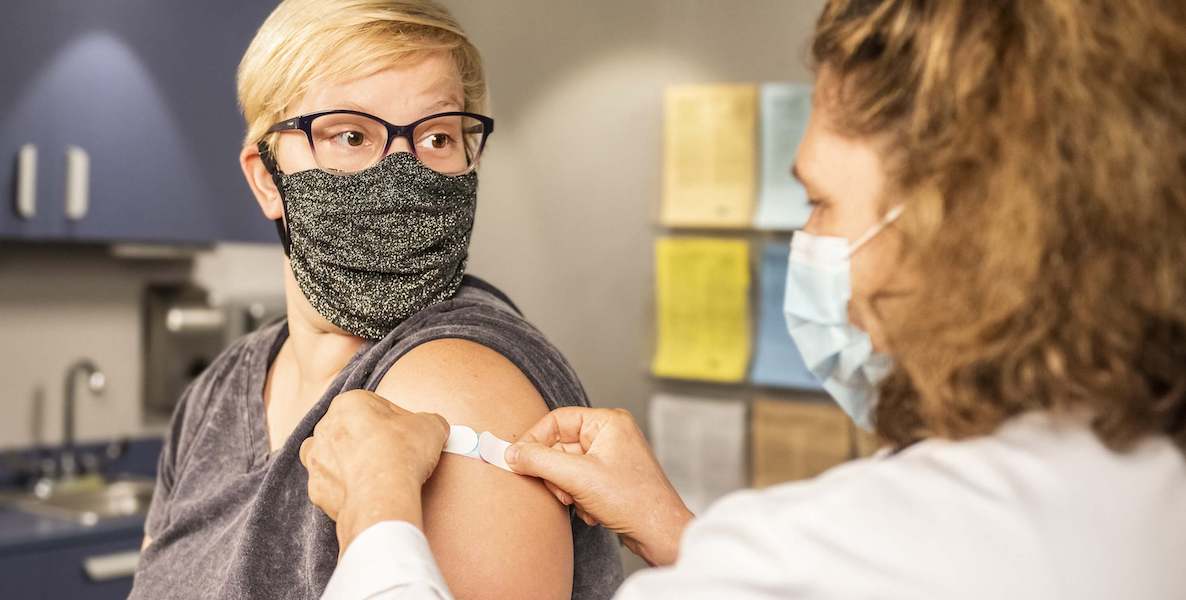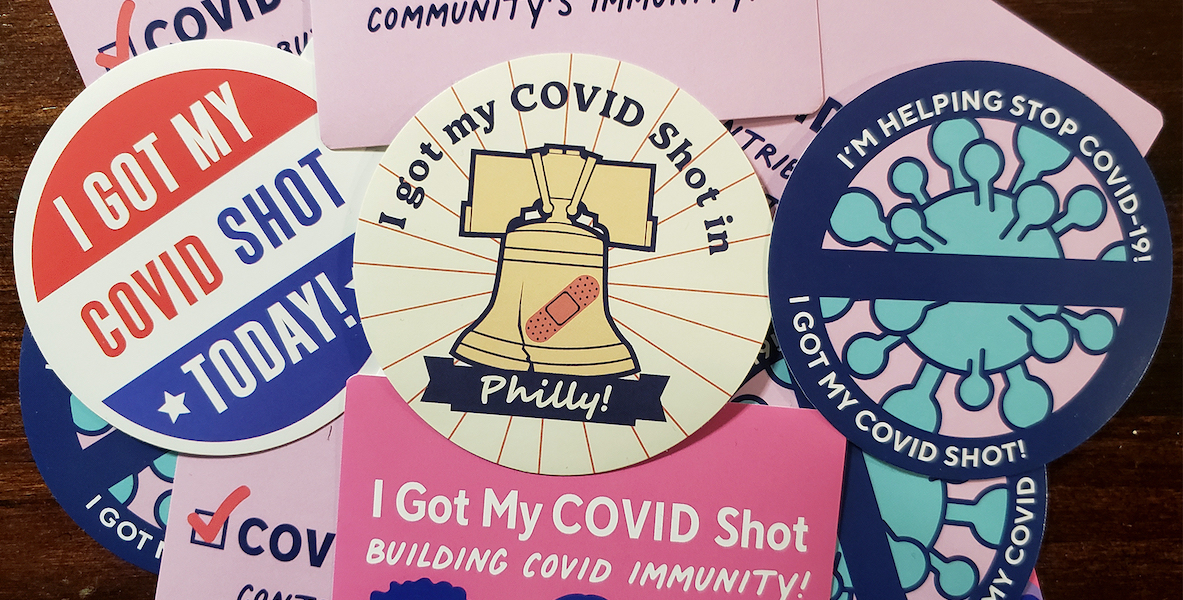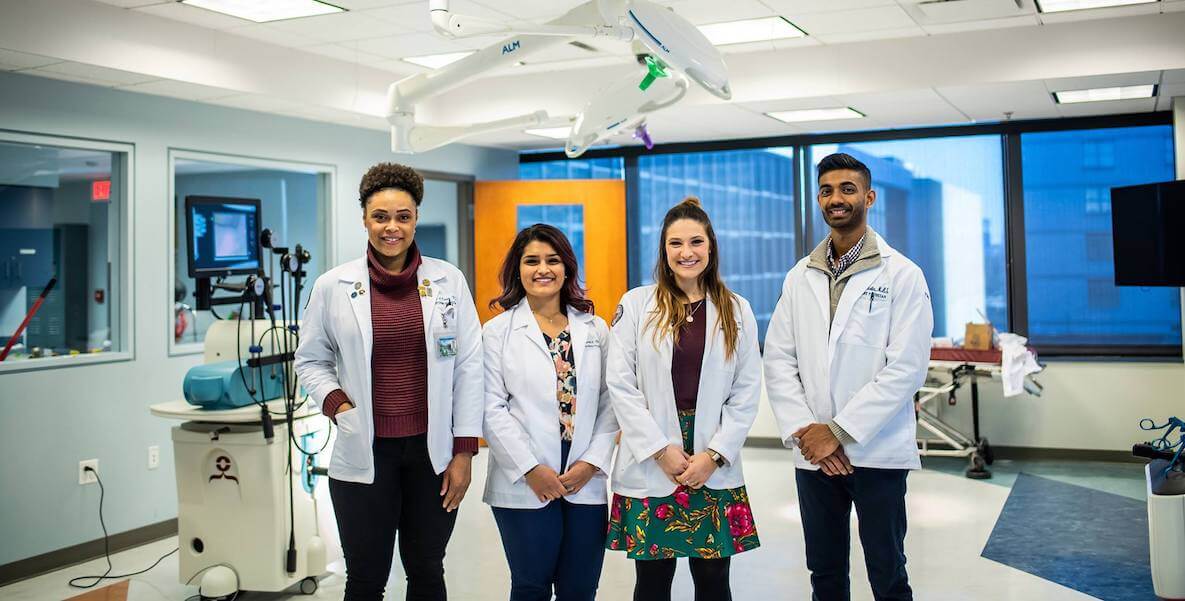One big risk to watch for in the political fallout from the ‘Philly Fighting Covid’ debacle is that we might see an overcorrection from elected officials where, in trying to show that future city contracts with vaccine providers are all on the up-and-up, they could create an unnecessary bottleneck that slows down the pace of vaccination.
![]() Philadelphia’s vaccination rate has picked up recently, and six city-run mass vaccination sites are on the way, but for the moment we’re still not where we need to be. The city administered about 100,000 of the 177,000 first doses we’ve been allotted, and they desperately need to hire more people to administer them. And with the emergence of more transmissible variants of the virus now showing up within the United States, that’s created much greater urgency to step on the gas.
Philadelphia’s vaccination rate has picked up recently, and six city-run mass vaccination sites are on the way, but for the moment we’re still not where we need to be. The city administered about 100,000 of the 177,000 first doses we’ve been allotted, and they desperately need to hire more people to administer them. And with the emergence of more transmissible variants of the virus now showing up within the United States, that’s created much greater urgency to step on the gas.
Public trust in the system is crucial for successful mass vaccination, and a lot of what City Council is proposing makes sense. But at the same time it’s worth underscoring that there are real costs to creating additional layers of complexity for compliance, and this needs to be balanced at every step against the imperative to get shots into arms more quickly than we are today. Thousands of preventable deaths are too high a cost to pay, and we can’t lose sight of this.
For reference, here is what City Council is considering for a new ordinance to address the Philly Fighting COVID situation, according to the Inquirer.
The legislation — slated for introduction later this week — would require the city to have a contractual relationship with vaccine providers in Philadelphia, regardless of any exchange of money. Both Philly Fighting COVID and the Black Doctors COVID-19 Consortium, another group providing vaccines, were previously administering vaccines without city contracts.
No vaccine doses will be available to those without a city contract, and city departments will not be allowed to award contracts to groups without specifying and evaluating the organization’s experience, the legislation states. City departments will also be required to put in writing what experience qualifies the selected group to deliver vaccines safely.
The ordinance would also require departments to specify that the vaccine contract complies with the city’s Economic Opportunity Plan, which ensures that the city supports “minority, women, and disabled-owned businesses.”
The city must also provide council notice before contracting a group to administer vaccines, including information about the organization’s experience and demographics on whom the group intends to inoculate.
The proposed ordinance would also require the health commissioner — or another official named by the mayor — to submit a report every two weeks detailing which groups are permitted to distribute the vaccine, the number of vaccine doses provided to each group, the number of doses administered, demographics of the people vaccinated, and the priority category of those receiving the vaccination.
On the same day Council announced plans to add these new layers of oversight, Jason Laughlin at the Inquirer reported a separate but thematically related story about how independent pharmacies are struggling to get approved to distribute vaccines under the city’s existing approval process and can’t get any answers.
All the requirements here individually sound really reasonable, even if they may be difficult to comply with, like the 24-hour reporting and the refrigeration specifications. But the City IT compatibility issues and unresponsive application sink are both classic, deeply familiar features of so many stories about Philadelphia’s crumbling state capacity, and it’s very concerning to be hearing about people who have the capacity to administer vaccines failing to get approved in a timely way.
“There’s a one-page application for PhilaVax,” Mel Brodsky, executive director of the Philadelphia Association of Retail Druggists, said of the city’s immunization information system, “and they send it in and they wait and they wait and they wait.” […]
“You have to make sure you have the right facilities, the right refrigeration units. You have to do a lot of different checks with them, back and forth,” Dymowski said. “It’s not something that can be done on the fly.”
On top of all that, Garrow said, businesses also have to demonstrate they can schedule appointments so doses aren’t wasted, and can report all doses administered to the city’s vaccine database within 24 hours.
Pharmacists have become exasperated trying to make their systems compatible with the city’s record-keeping, which is necessary to receive approval to carry vaccine doses, Brodsky said. Richard Ost, who applied just this week to become a vaccine provider, said he had the proper record-keeping system installed months ago, but can’t get it to work. He’s had challenges getting clear answers from the company running the service and the city.
“Something’s wrong and we don’t know where to turn,” said Ost, who owns Philadelphia Pharmacy at Lehigh Avenue and Front Street.
![]() Laughlin raises a good point that independent pharmacies in neighborhoods can play a helpful role in surmounting the trust gap that many have now noted as a barrier to getting Black communities vaccinated, where personal relationships with long-time businesses could help convince their existing customers. Independent pharmacies have also reportedly played a key role in West Virginia’s highest-in-the-nation rate of vaccination, although of course the context there is a lot different from Philly.
Laughlin raises a good point that independent pharmacies in neighborhoods can play a helpful role in surmounting the trust gap that many have now noted as a barrier to getting Black communities vaccinated, where personal relationships with long-time businesses could help convince their existing customers. Independent pharmacies have also reportedly played a key role in West Virginia’s highest-in-the-nation rate of vaccination, although of course the context there is a lot different from Philly.
At any rate, City Council should keep in mind this story about neighborhood pharmacies’ struggle to get authorized by the city as they consider how to address the oversight and compliance issues, since this is already showing up as a pain point for exactly the kinds of businesses and communities that Council would like to help.
Jon Geeting is the director of engagement at Philadelphia 3.0, a political action committee that supports efforts to reform and modernize City Hall. This is part of a series of articles running on both The Citizen and 3.0’s blog.
Photo by CDC / Unsplash





